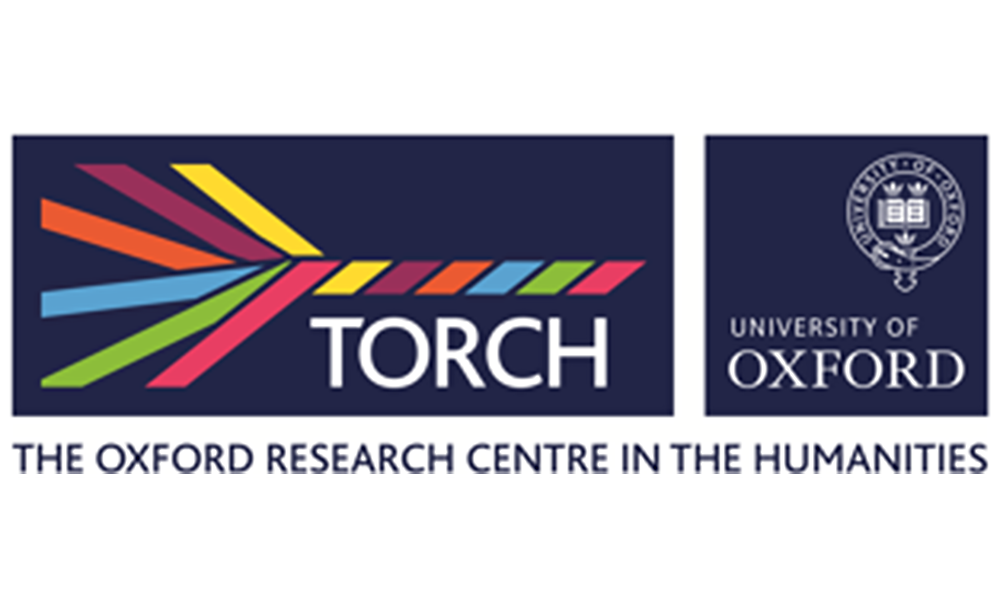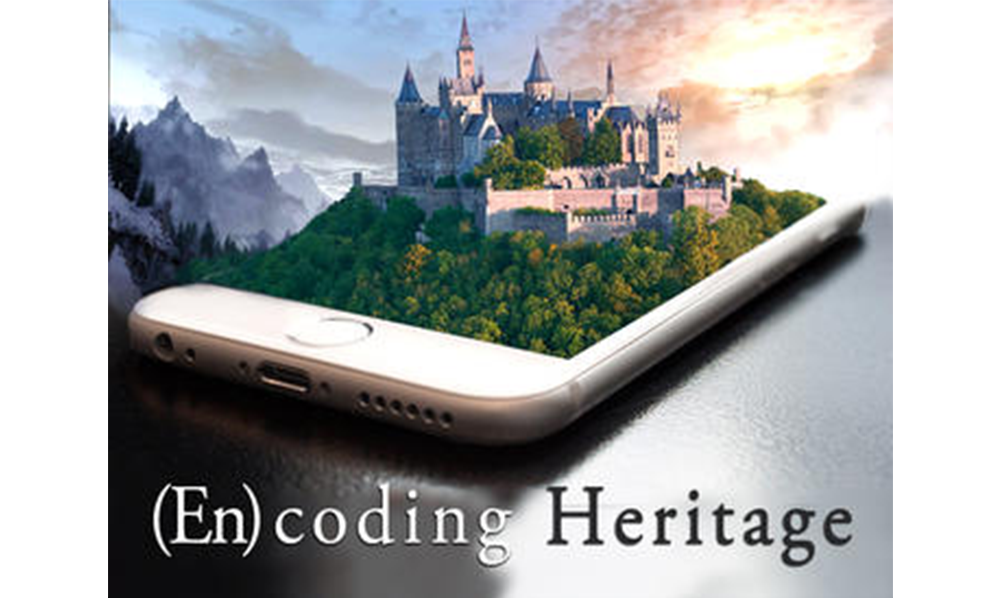
Let’s shape the future together
COVID-19 is accelerating the adoption of immersive technologies, from creating remote yet engaging collaboration to the development of new avenues for education, and more. Immers-Ed Global Hackahon is a catalyst at the convergence of these two realities. This hackathon will bring together Oxford’s community and foster global collaborators to create solutions for challenges brought on by the global pandemic.
The hackathon is supported by IT Services, University of Oxford.






